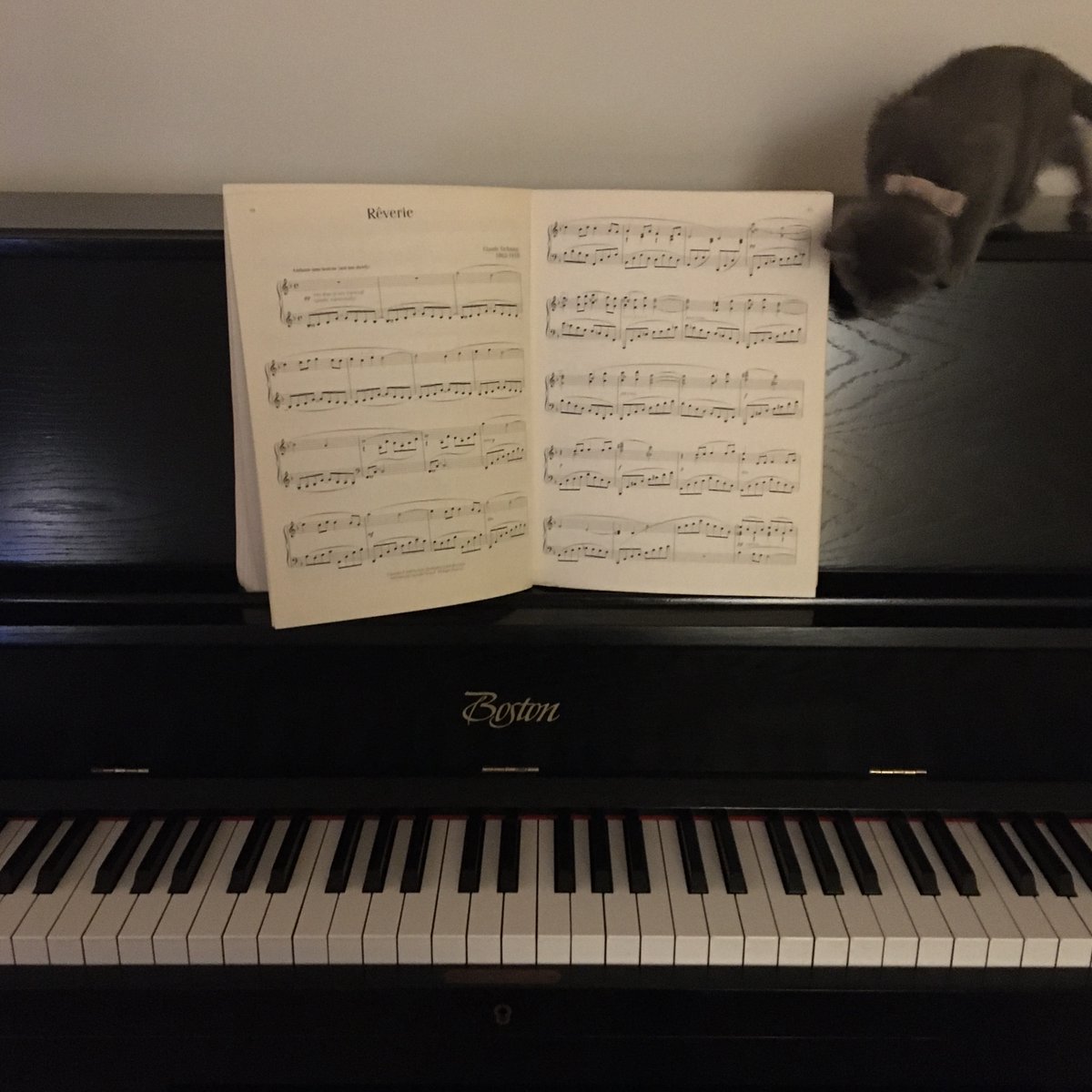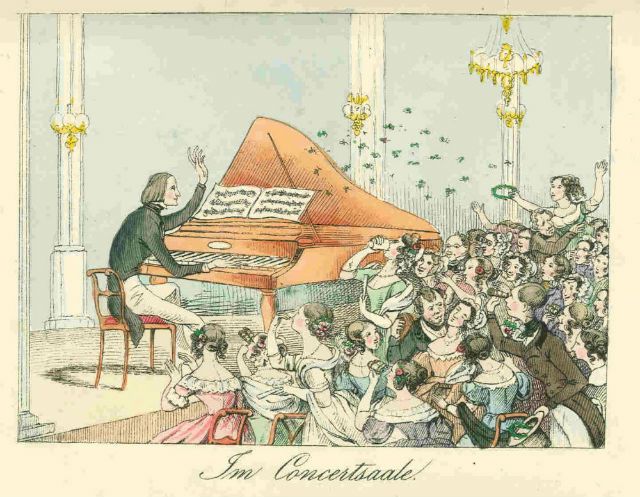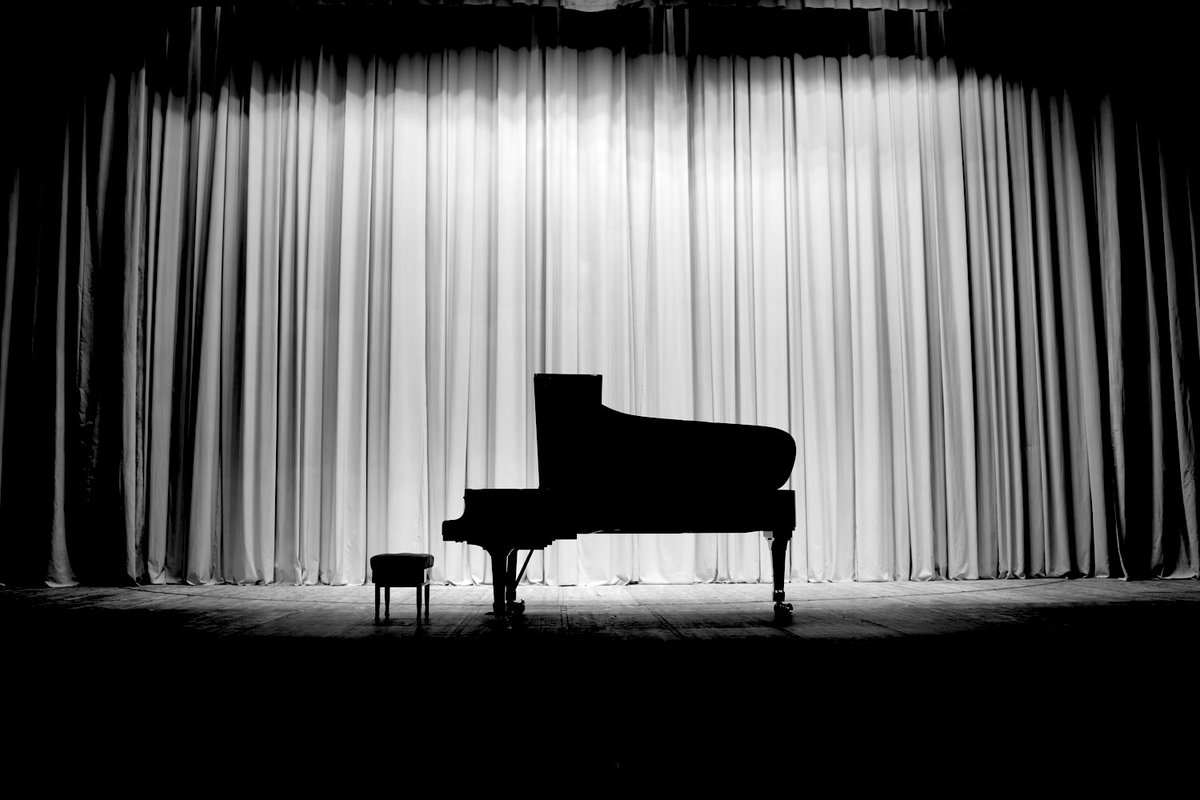
"Music, Sense and Nonsense: Collected Essays and Lectures", por Alfred Brendel.
Capítulo: “Performances, programmes, recording - Music Life in Flux”
open.spotify.com/playlist/3M9qu…
#Brendel2020 #MusicSenseAndNonSense #SundayBlues
#TeamLimantour
Capítulo: “Performances, programmes, recording - Music Life in Flux”
open.spotify.com/playlist/3M9qu…
#Brendel2020 #MusicSenseAndNonSense #SundayBlues
#TeamLimantour
En este capítulo, Brendel reflexiona sobre cómo ha cambiado el repertorio musical y la percepción de la música a lo largo de su vida. 

“Most importantly, ‘Modern Music’ needed after World War Two to be resuscitated, if not altogether discovered”. Brendel recuerda que cuando vivía en Viena en los 50s y 60s, la ciudad estaba musicalmente dominada por el Neoclasicismo y el Neo-Barroco. 

En 1966 Brendel interpretó el Concierto para Piano de Schoenberg en Varsovia. A petición del público, en el cual se encontraba Nadia Boulanger, repitió el último movimiento. Posteriormente, Brendel introdujo el concierto en 3 continentes. 
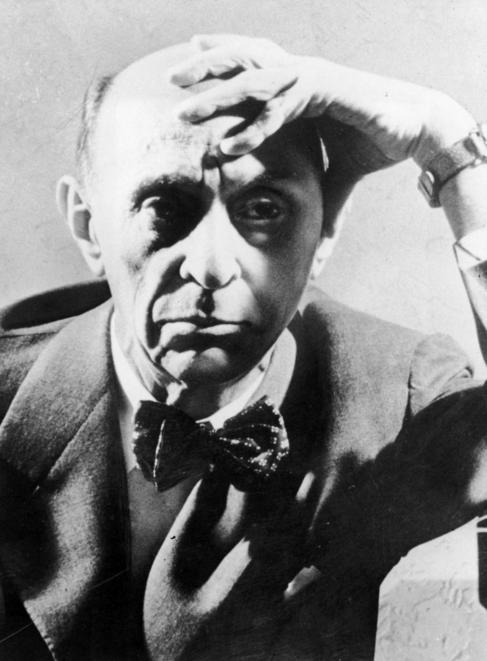
Uno de los principales catalizadores de la música contemporánea fue Pierre Boulez. La fundación de su ensamble “Domaine Musicale”, su trabajo en el IRCAM en Paris, con la BBC Orchestra en Londres y con la New York Philharmonic dieron al repertorio moderno propósito y dirección. 

Al programar la ejecución completa de las sinfonías de Mahler y sus ciclos de canciones en 1960, Viena intentó seguir los pasos del legendario Festival de Mahler en Amsterdam de 1920. Las sinfonías de Mahler empezaron a ser programadas internacionalmente con especial énfasis. 

Las sonatas de Schubert captaron la atención de pianistas y público: “Old prejudices gradually evaporated. What before had seemed sprawling and aimless could now be accepted as an asset and necessity.”
open.spotify.com/track/21HdOCbm…
open.spotify.com/track/21HdOCbm…
“Other composer who benefited from this espansion of musical tolerance was Bruckner”. Furtwängler, Jochum, Klemperer, Knappertsbush, Celibidache y Wand ayudaron a propagar internacionalmente su música. Incluso Boulez, Gielen y Zender se interesaron en estas magníficas obras. 

También hubo un cambio en la percepción de Liszt. “The distorted picture fuelled by Ernest Newman’s malicious ‘The Man Liszt’ was thankfully set right; what now became visible is the figure of a singularly magnanimous personality, a ‘genius of expression’ (Schumann)… 

…a human being that not only played the piano incomparably, smoked cigars, consumed cognac, prayed and gave ladies a good time, but also supported his colleagues in the noblest way(…) Gratifyingly, the appreciation of the finest of his won works(…) has considerably risen.” 

Por otro lado, el especialista en Chopin ha dejado de existir. “In the past, such specialisation was deemed to be justified, and not for nothing (…) After the death of the last of great Chopin players, Alfred Cortot, such awareness of Chopin’s single-mindedness got lost.” 

La música antigua constituye un capítulo especial e importante. “While only decades ago the performance of Gesualdo’s Madrigals strained technical possibilities to the limit, their bewildering chromaticism is beautifully rendered by present-day singers.” 

Para Brendel, el resurgimiento de Handel tiene una muy especial importancia: “What melodic power, what generosity of musical breadth but also what a genius of characterisation can be discerned in this composer whom Beethoven admired above all!” 

Brendel prefiere las sonatas de D. Scarlatti ejecutadas al clavecín, pero afirma que nunca vio el punto de limitar a Bach a este instrumento, y agradece ver que obras como Das wohltemperierte Klavier y las Variaciones Goldberg hayan encontrado un lugar en los pianos de concierto. 

Para Brendel, Haydn también está en el proceso de perder su barniz decimonónico: “The always-welcome friend of the house who has nothing new to tell (…) is giving way to the figure of an explorer and adventurer, a grandmaster of surprise, a creator of his own musical universe”. 
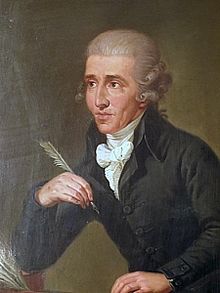
Brendel también habla de la proliferación de ejecuciones de ciclos: “Cycles of all of Beethoven’s Piano Sonatas, in the past rather an exception, have become an everyday events.” La distribución de series de obras de un compositor por un sello discográfico ha contribuido a ello. 

Una protuberancia de las ejecuciones de ciclos han sido los llamados maratones. “There had been attempts of feeding the listener all Beethoven’s Symphonies and Piano Sonatas in one go (…) Let us hope for their complete extinction.” 

Para finalizar, comparto este video de Alfred Brendel interpretando las sonatas D. 958, D. 959 y D. 960 de Schubert. Buenas noches.
@threadreaderapp unroll
• • •
Missing some Tweet in this thread? You can try to
force a refresh


